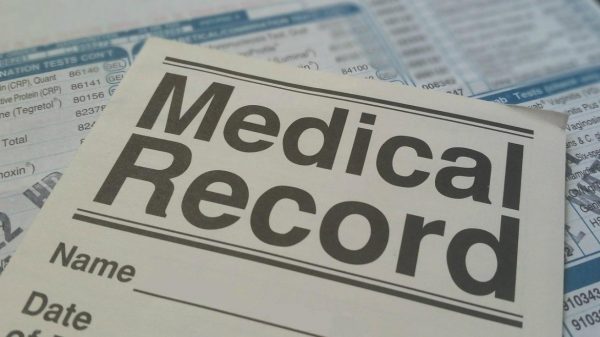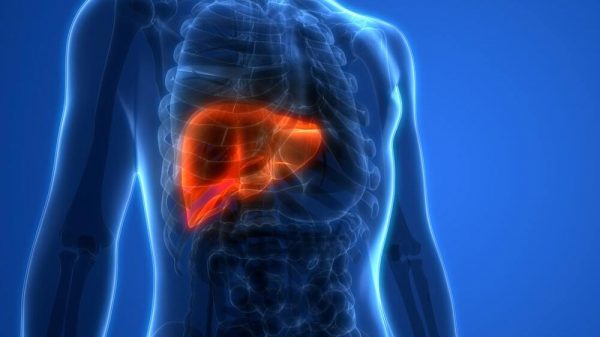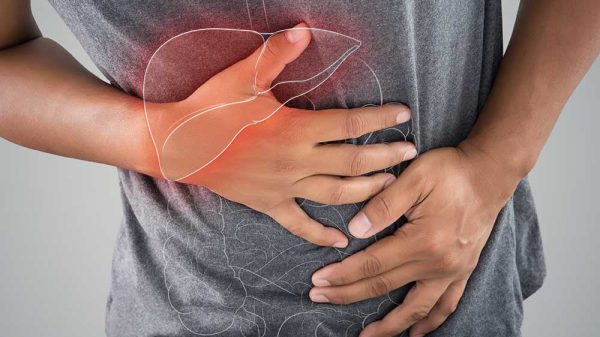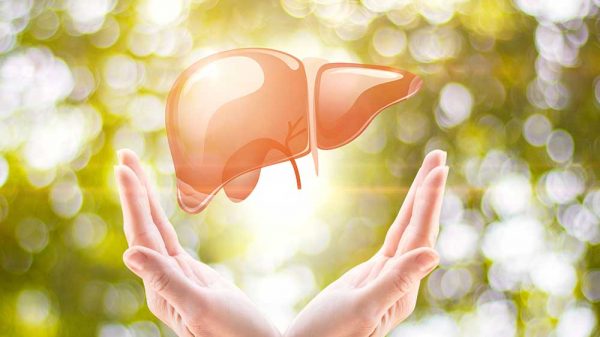Substance abuse is a serious disease that has significant impacts on every facet of life. Substance abuse takes a toll on mental and physical health and is often life-threatening. Knowing the warning signs of substance abuse is critical for seeking timely help. Read on to find out what you need to know about the substance abuse symptoms and what can be done about substance abuse disorder.
A Quick Rundown on Drugs and Alcohol: How Do They Affect the Body and Mind?
What are drugs, and how do they affect the body and mind? Drugs are often classified as stimulants or depressants. Stimulants activate the central nervous system and create a feeling of invincibility and endless energy. On the other hand, central nervous system depressants slow down communication between the brain and the nerves throughout the body. Depressants numb pain and create a feeling of relaxation.
Regardless of your drug of choice, addiction means that the positive feedback loop in your brain’s reward system has been taken over.
Chronic, long-term drug abuse can cause a variety of health problems. The liver is especially vulnerable to the effects of drugs since it’s the processing plant of the body. The liver is responsible for breaking down and detoxifying harmful chemicals. Over time, drug and alcohol abuse can cause damage and inflammation to liver tissue. Eventually, excessive drinking can lead to liver conditions like fatty liver disease, fibrosis, and liver cirrhosis. Moreover, drug use can also be highly disruptive to brain activity and can worsen mental health and behavioral health symptoms.
Possible Substances of Abuse
There are a variety of different drugs that someone might use when they have substance use disorder. Common drugs of abuse include:
- Alcohol
- Prescription drugs, including stimulants, benzodiazepines, and opiates (painkillers)
- Hallucinogens, like LSD and PCP
- Amphetamines, including methamphetamine
- Inhalants
Substance Abuse Symptoms to Look Out For
Struggling with drug use can also lead to many physical and behavioral warning signs and symptoms. Here are a few signs of drug abuse to look out for:
- Driving under the influence: If you are drunk driving or have received a DUI, this is a good indicator that you have a drug use issue.
- Loved ones are worried. If your friends and family have expressed concern about your drinking or drug use, this is a sign that you may need to make a change. Trusted friends and family members generally should have your best interests in mind, and if they are worried, this is a good sign that your drug use is unhealthy.
- You have gaps in your memory. If you have trouble remembering large portions of your days or evenings due to alcohol, this is a sign that you are drinking too much or using
- You have legal issues. Drug use can lead to legal problems, such as possession of illicit drugs and driving under the influence.
- You have been hospitalized. If you have overdosed on drugs or alcohol, this may mean that you have a drug use problem.
- Withdrawal symptoms. If you stop using for a day, you start experiencing unpleasant withdrawal symptoms. This is a sign of physical dependency on the substance.
- You don’t enjoy your favorite activities anymore. Maybe you used to be an avid hiker, painter, or yoga enthusiast, but it’s been months since you’ve engaged in your favorite activities. You may notice that all of your activities center around drugs or alcohol.
- You have financial problems. Drug use is an expensive habit. You may find yourself selling your belongings or even stealing to pay for your drugs. Your drug use may cause you to become unreliable at work, resulting in losing your job.
- You lose sight of your goals. Prior to substance use disorder, you had plans to go to school or travel. Drug use can cause you to forget about your goals and focus exclusively on your drug of choice.
- You have different friends. As your drinking progresses, maybe you’ve found that you spend less and less time with your friends. The people you spend the most time with are people who also use drugs.
- Sleep disturbances. Drug dependence and substance abuse can alter your sleeping patterns. You may find that you are awake for days on end or sleeping constantly.
- You find yourself using drugs at all times. Maybe at first, you were drinking and using drugs recreationally. As your substance use progresses, you find that you are using drugs at all times of the day.
- You feel unable to stop. When you start drinking or using drugs, you may feel a loss of control. In general, it may be hard to imagine your life without drugs.
- Behavioral changes: Drug addiction can impact your personality. Someone using drugs may become more withdrawn, aggressive, angry, or erratic. They may also exhibit hyperactivity and mood swings.
- Changes in physical appearance: Drug or alcohol addiction can impact the way you look. If you have been using drugs, your physical appearance starts to deteriorate. You may look skinny, malnourished, and pale. Depending on your drug of choice, you may also lose teeth or develop skin sores. Dilated pupils or bloodshot eyes are another sign of drug use.
If these signs of drug addiction apply to you or a loved one, then it may be time to seek treatment. If you feel like you are struggling with substance use disorder, then you’ve come to the right place. Read on to find out strategies and tips for how to get sober.
Your Guide for Getting Sober
Recovery from addiction is a long-term process, and every recovery journey is unique to each individual. Recovery occurs as a step-by-step process. Here we go through what you need to know about recovery from drug abuse.
Joining a Support Group
Alcoholics Anonymous (AA) and Narcotics Anonymous (NA) are nation-wide programs that connect recovering substance abusers through in-person meetings and online platforms. AA and NA are support groups that provide guidance for living sober and are structured around a 12-steps that many recovering addicts find helpful.
Consider an Inpatient Treatment Program
Addiction treatment and addiction recovery are tough when you’re doing it alone. Entering a treatment program can provide structure for the initial part of your recovery journey. An inpatient treatment facility can be particularly helpful by removing you from your environment and creating distance between you and triggers. An outpatient treatment program can also help provide structure by holding you accountable to appointments with physicians and mental health specialists.
Medication-Assisted Treatment
It may seem counterintuitive that more substances can be effective for fighting substance abuse disorder. A health care provider may prescribe medications like methadone to help with withdrawal symptoms.
Physical Healing and Good Nutrition
Even after you’ve gone through the detox process to break the physical addiction to alcohol and substances, your body still needs to heal from the damage that drugs or alcohol has inflicted on your organ systems. In a nutshell, substances cause oxidative damage and inflammation in body tissues, while simultaneously inhibiting the normal absorption of critical nutrients that the body needs.
The good news is that the body can heal from drug-induced damage after you are sober. For example, if you have alcoholic fatty liver disease, eliminating alcohol intake and eating a balanced diet that includes antioxidants from fruits and veggies, essential amino acids from high-quality protein, and fiber from whole grains can support liver health.
Fruits and vegetables are packed with antioxidants, vitamins, and minerals that the body needs to repair from alcohol and drug use. Antioxidants support the immune system in repairing damage sustained from chronic drug or alcohol abuse. Reach for fruits and veggies like broccoli, spinach, sweet potatoes, berries, apples, and oranges.
High-quality protein offers optimal ratios of essential amino acids, which the body needs to build muscle tissue. Excessive drug and alcohol use often results in serious weight loss and muscle wasting. As part of the recovery process, eating plenty of high-quality protein can help you regain healthy weight and muscle mass.
Moreover, getting balanced ratios of essential amino acids can support liver health and fight fatty liver disease. In an article published in Nutrients, researchers conducted a pilot study examining the effect of essential amino acid supplementation on individuals with alcohol use disorder. (1) Results revealed that in comparison to the control, the group taking the substance had significantly lower liver fat levels. (1)
You can get optimal ratios of essential amino acids from foods like lean meats, eggs, and low-fat dairy. Eating a combination of veggie protein also offers essential amino acids. For example, reach for foods like nuts, seeds, beans, soy products, and whole grains throughout the day. Alternatively, a high-quality supplement is an excellent option.
Make Sober Friends
Though millions of Americans drink, there are also millions of Americans who don’t drink. It’s just a matter of finding them. Making sober friends is crucial for maintaining your sobriety. Surrounding yourself with others who have had similar experiences creates a supportive, team-oriented environment. Creating your support system can help you maintain a life that revolves around sobriety.
Consider a Sober Living Environment
Going to a treatment program and returning to the same environment where you used drugs increases the likelihood of relapsing. Instead of returning to your previous environment, consider moving into a sober living environment. Recovery housing and transitional housing settings are designed to provide structure and support in a drug-free environment. Many recovery housing options also offer services like life skills support, employment support, educational opportunities, and social activities.
Cut Off Unsupportive People
Though it may seem harsh to drop friends who aren’t supportive, it’s imperative that you prioritize yourself during your recovery process. Staying in contact with individuals you used to use with will only make recovery more difficult, and relapse more likely. Instead, stay connected to those who support your new sober way of living.
Continue Going to AA or NA Meetings Regularly
Addiction recovery and addiction treatment is often a life-long journey. Keep your support group strong and continue going to AA meetings regularly. Having a core backbone of peers and mentors on the same journey can help prevent relapse.
Determine the Psychological Factors Influencing Substance Use
Many times, psychological factors underlie the physical urge to use drugs and alcohol. These factors may include an undiagnosed mental illness, trauma, or other forms of psychological pain. In many cases, using alcohol and drugs is a self-medication technique to manage the underlying psychological issue. Determining the psychological factors driving your desire to drink will be essential for fighting cravings and maintaining sobriety.
Therapy is an invaluable resource for managing the psychological factors associated with addiction. Therapists use a variety of effective techniques like cognitive behavioral therapy (CBT), contingency management, and motivational interviewing.
Don’t Beat Yourself Up for Relapsing
Relapse is common during the addiction recovery journey. Addiction has very real biochemical and psychological reasons for relapse. If you relapse, there are things you can do. Reach out as soon as possible. Call up a mentor from AA, your sober friends, or a trusted loved one. Surrounding yourself with supportive individuals can help you recover from the relapse and continue your sobriety journey.
Learning New Skills
With drinking no longer a part of your daily routine, you will likely have a little more time on your hands to devote to new activities and hobbies. Staying busy and trying new things is crucial for keeping your mind occupied and decreasing the risk of relapsing. A few examples of new activities to try include rock climbing, playing sports, and cooking.
Stress Management Strategies
Stress is a common trigger for many recovering addicts. Self-medicating anxiety with alcohol may have even been a large reason for drinking in the first place. Either way, managing stress after you become sober is key to maintaining your sobriety. Activities like yoga, meditation, and deep breathing are critical for warding off anxious thoughts and helping you recenter.
Family Therapy
Substance abuse is often described as a family disease. If a family member is struggling with substance use disorder, it can be extremely distressing and take a toll on the whole family. Therapy can help you cope and recover from a loved one’s drug use and the associated consequences.
Key Takeaways: Substance Abuse Symptoms
Substance use disorder is a serious condition with negative impacts on health and well-being. However, there are steps you can take to seek treatment and recover from drug addiction. Therapy, treatment programs, nutrition adjustments, and the right support networks are critical for facilitating your journey to recovery.
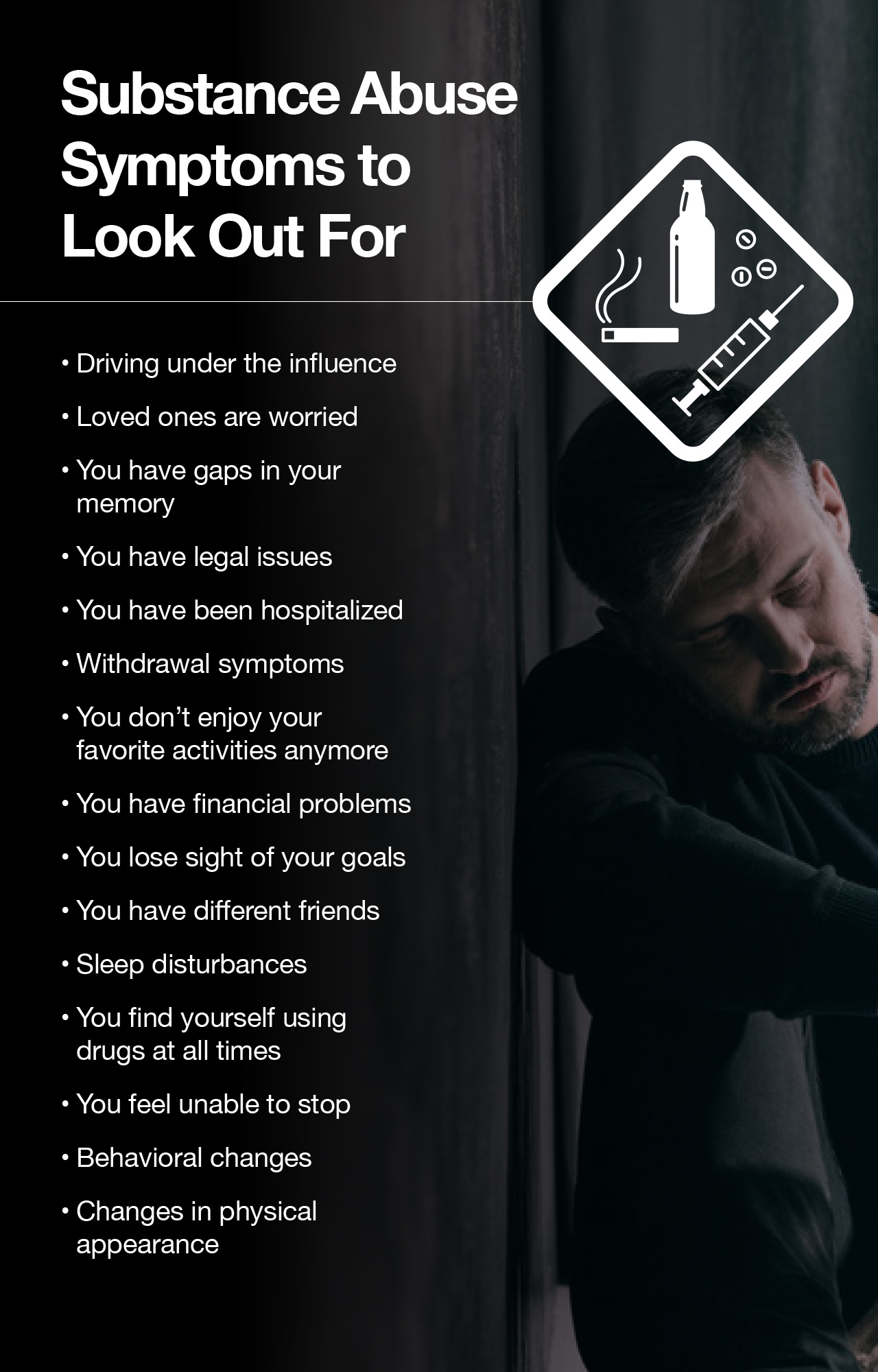
References:
